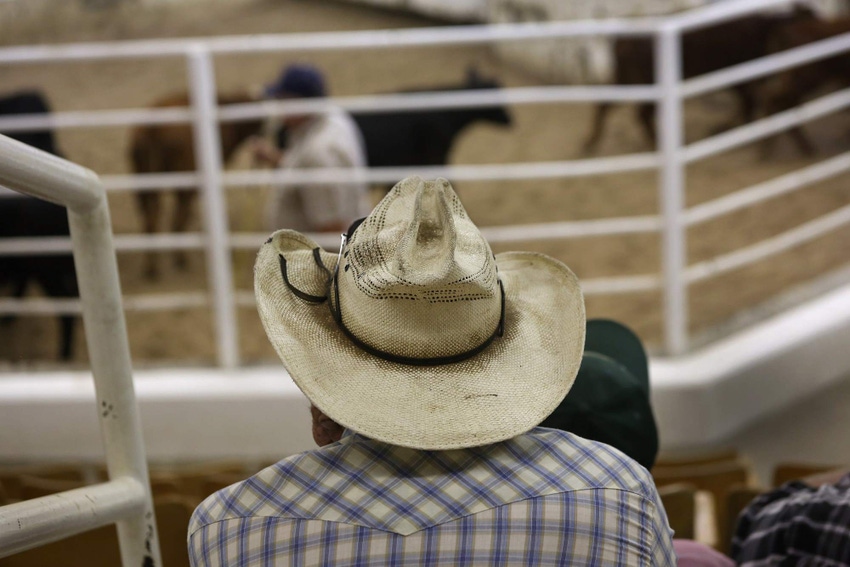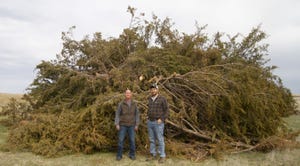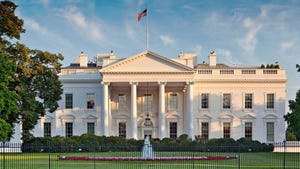Is sustainability sustainable?
As the sustainability drumbeat gets louder, many beef producers question if the idea has any substance. Approached correctly it does.

I would like to be the bearer of good news and tell you that the sustainability issue will fade from the often ADHD-like thought patterns that govern consumer trends.
I am not the bearer of such good news, at least for those who would like the whole sustainability thing to just go away. It’s here to stay, at least for the foreseeable future. However, I am bearing the good news that if approached correctly, this whole sustainability thing will help you and your operation get better.
How is that? I’ll let Cameron Bruett, head of corporate affairs and sustainability for JBS and a member of the Executive Committee for the Global Roundtable for Sustainable Beef, tell you.
Bruett, speaking at the Cattlemen’s College at this year’s Cattle Industry Convention, said sustainability is a balance between economic, societal and environmental concerns. “If your operation is not profitable, it’s not sustainable,” he said. Yes, it’s environmental. Yes, it’s societal. But if the operation isn‘t profitable, those other two pillars of sustainability probably won’t happen.
What’s more, in spite of what marketers want consumers to believe, no single attribute makes an operation sustainable. But any single social, economic or environmental failure can make you unsustainable, he says. That’s because sustainability is about continuous improvement and the outcome of your efforts in those three areas.
“A lot of the marketing you see today is what I call sustainability shorthand,” Bruett said. “It’s grass-fed, therefore it’s sustainable. Well, grass-fed in and of itself has nothing to do with sustainability.”
It doesn’t really matter if it’s grass-fed, traditional or organic, he told cattle producers. Those are all good products, he said, but sustainability is about the outcome, not the process that gets you there.
So what is “sustainable action?” According to Bruett, “It’s responsibly meeting the needs of the present while empowering and improving the ability of future generations to responsibly meet their own needs. And it’s about continuous improvement—doing better today than you did yesterday so you can have the opportunity to improve tomorrow. Not the guarantee; the opportunity.”
About the Author(s)
You May Also Like
.png?width=300&auto=webp&quality=80&disable=upscale)


